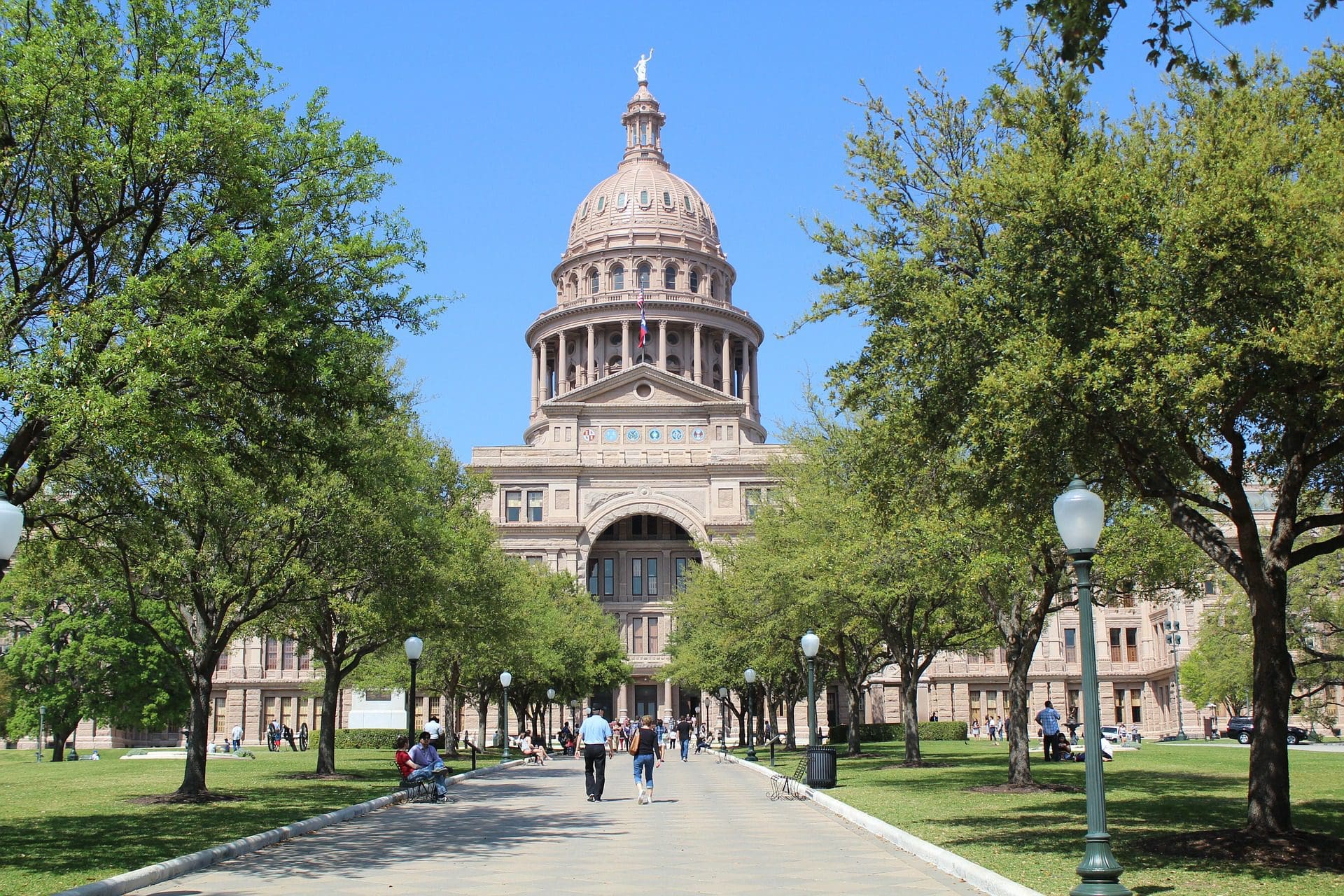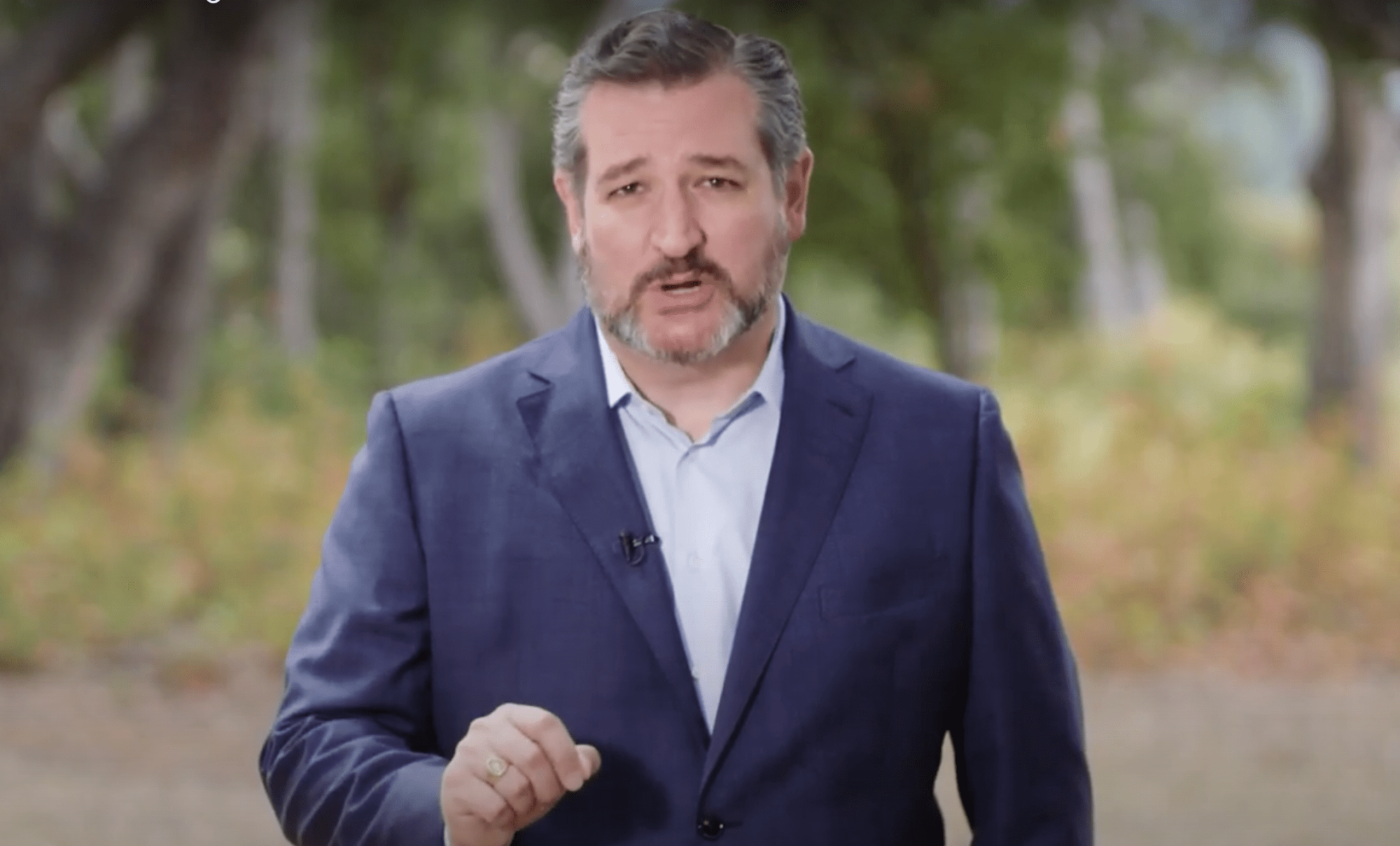The Texas Senate’s interim charges were released by Lt. Gov. Dan Patrick yesterday and included taxpayer-funded lobbying. Interim charges are issues and policies that the Senate’s committees are directed to study in preparation for the next legislative session.
Oftentimes, local entities such as school districts and cities pay Austin lobbyists to register their opinions and priorities in Austin. However, the interests of local government can conflict with the interests of taxpayers.
Banning taxpayer-funded lobbying is a Texas GOP legislative priority.
In 2020, more than 94 percent of Republican voters supported a ballot proposition banning taxpayer-funded lobbying.
If the Legislature bans the practice, school districts and cities will be denied the opportunity to spend taxpayer money on their own interests.
The Texas Senate has been directed to:
Study how governmental entities use public funds for political lobbying purposes. Examine what types of governmental entities use public funds for lobbying purposes and what level of transparency is available to the public. Make recommendations to protect taxpayers from paying for lobbyists who may not represent the taxpayers’ interests.
One of the most cited examples of taxpayer-funded lobbying in recent years is the Texas Association of School Boards (TASB) and the Texas Association of School Administrators (TASA). TASB is the state affiliate of the National School Boards Association, which referred to concerned parents as “domestic terrorists” last year. TASB has refused to withdraw from the NSBA despite calls from various elected officials. Even California withdrew from the NSBA as of last week.
TASB and TASA are taxpayer-funded through dues from local school districts, which, in turn, levy property taxes. Both TASB and TASA employ Austin lobbyists to fight against taxpayer interests and parental rights.
In the 87th Legislative Session last year—despite multiple pieces of potential legislation to ban taxpayer-funded lobbying—State Rep. Chris Paddie (R–Marshall) delayed the only committee-approved bill past key deadlines.
The bill only banned the practice at a local level. Paddie rewrote the bill in committee and then delayed its House reading to State Rep. Mayes Middleton’s (R–Galveston) birthday (September 18) as a jab at Middleton, who supported the statewide ban. The bill died a slow death, ultimately killed by the end of the session on May 31.
In the three special sessions that followed, Gov. Greg Abbott refused to add banning taxpayer-funded lobbying to his list of priorities, despite Patrick’s request.
Patrick’s decision to study taxpayer-funded lobbying in the lead-up to the 88th Legislative Session, which starts next January, indicates his future support of the ban. However, the Senate is rarely the hurdle for conservative priorities; the House and Speaker Dade Phelan will present a bigger challenge to passing the ban.





